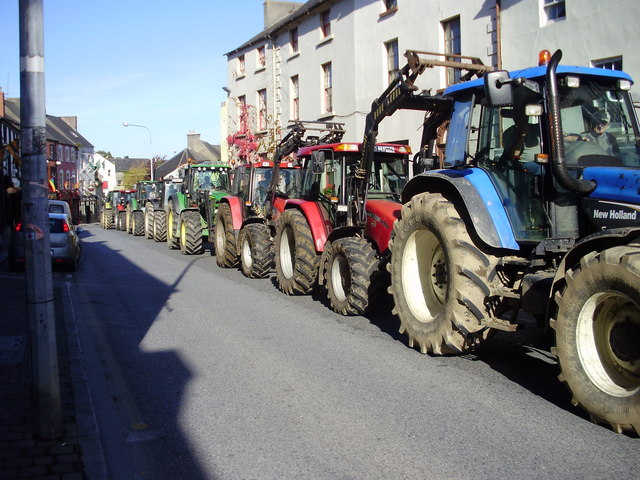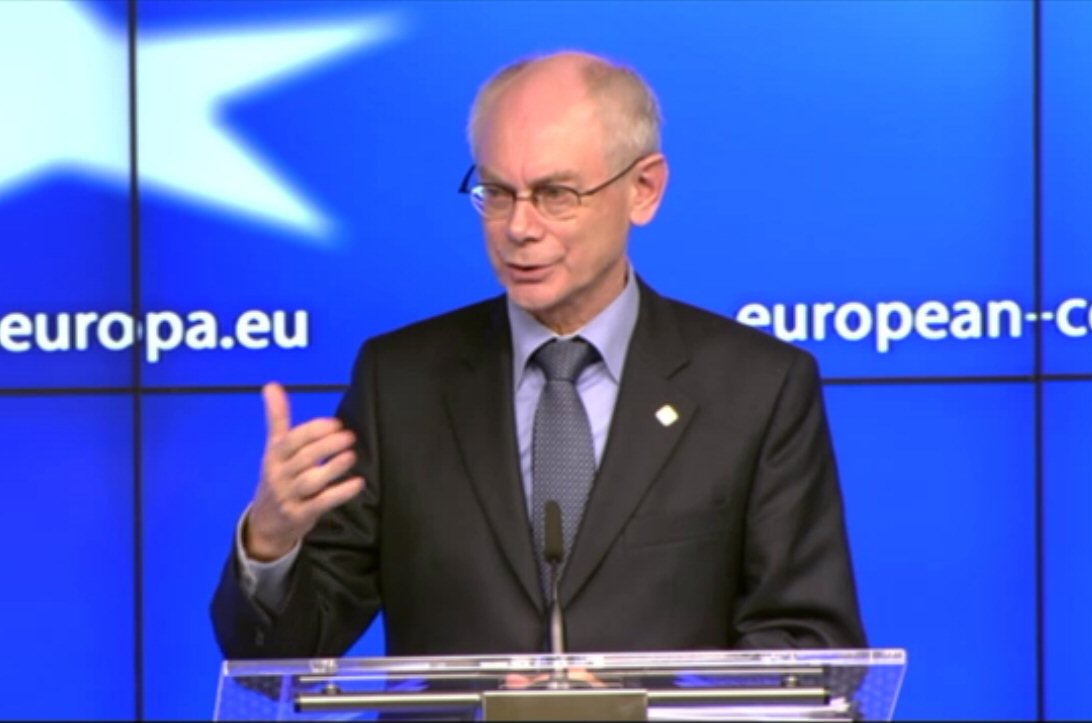COMAGRI will vote on compromise amendments to the Commission’s proposals for the four main CAP regulations this week. To understand the dynamics of the legislative process, it is helpful to be able to see the positions of the main institutions side-by-side. I have constructed a four-column spreadsheet table showing, article by article, the positions of the main actors as we know them to date for the direct payments regulation (download the file to your computer by clicking File, Download in the upper left of the Google Drive document when the link opens). The four columns show, for each article:
-
The Commission’s proposal October 2011
The COMAGRI rapporteur’s amendments May 2012
The Council’s position as summarised in the Cyprus Presidency document December 2012
The COMAGRI compromise amendments Jan 2013
I have only had the time to construct this table for the direct payments regulation so far.… Read the rest





